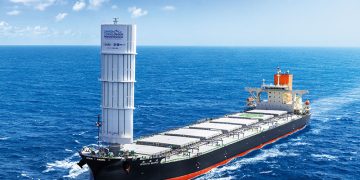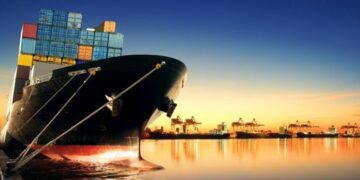UN Climate Conference 2011 To Deal With Carbon Reductions
Countries commit to reduce emissions The U.N.'s top climate official said she expects governments to make a long-delayed decision on whether industrial countries should make further commitments to reduce emissions of climate-changing greenhouse gases.Amid fresh warnings of climate-related disasters in the future, delegates from about 190 countries were gathering in Durban for a two-week conference beginning Monday. They hope to break deadlocks on how to curb emissions of carbon dioxide and other pollutants.Christiana Figueres, head of the U.N. climate secretariat, said Sunday the stakes for the negotiations are high, underscored by new scientific studies.Under discussion was "nothing short of the most compelling energy, industrial, behavioral revolution that humanity has ever seen," she said.Archbishop Desmond Tutu, a hero of the movement that ended apartheid in South Africa, led a rally at a rugby stadium later Sunday urging negotiators to be more ambitious during what were expected to be difficult talks. Unseasonably cold, windy weather kept the crowd to a few hundred spectators.Tutu, dressed in ecumenical purple robes, he said the struggle to end the racist regime in his homeland is now followed by a fight against "another huge enemy, and no country can fight this particular enemy on its own."He chided ...
Read more
























































